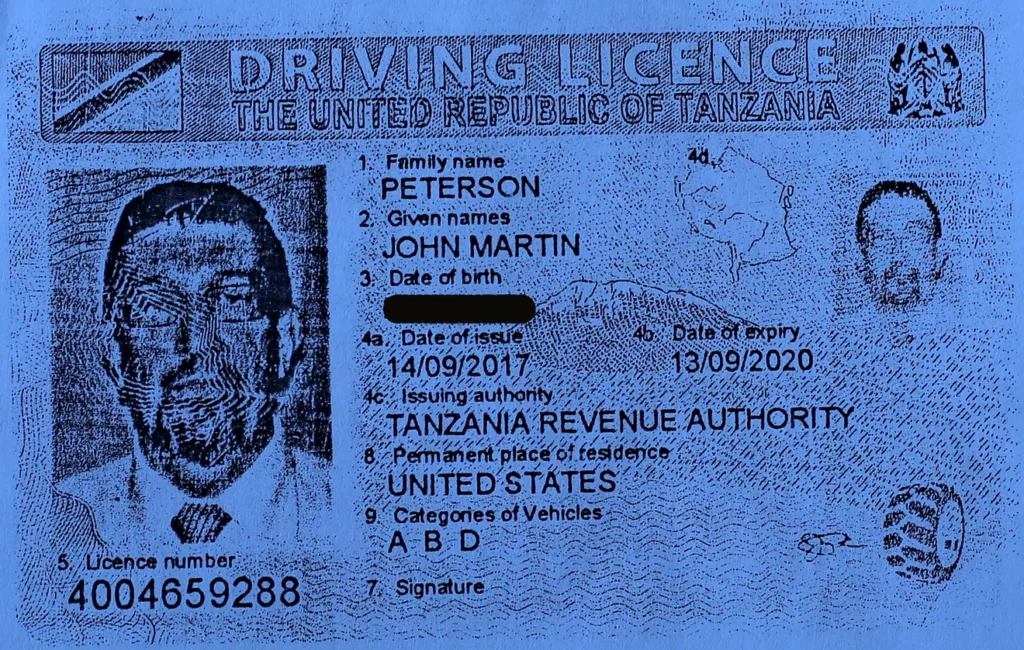Soon after, the U.S. Department of Justice declined to file charges against Peterson in the United States, saying it did not have jurisdiction because the incident happened outside of the country.
State Department spokesman Vedant Patel in a September 2022 statement to USA TODAY said there was no effort to “deliberately mislead Tanzanian authorities as to Mr. Peterson’s diplomatic status” and blamed the confusion over his immunity on a diplomatic identification card Peterson had been issued by the Tanzania government.
Peterson has repeatedly declined to comment. His attorney, Mark S. Zaid, in a statement last year said there “are several misleading inaccuracies” in the Peace Corps and State Department records, but he did not elaborate.
Spahn, who took over as acting head of the agency about a year and a half after the incident, has stressed that foreign service workers cannot be suspended without pay while under investigation. But agency officials have declined to say why the investigation into Peterson’s case took so long.
Congress cracked down on lengthy paid administrative leave for most other federal workers in 2016, capping it at 10 days per year to investigate misbehavior.
Records show the Peace Corps’ office of safety and security completed its review of the case in February 2020. The agency then waited seven months to notify Peterson that it planned to revoke his security clearance. Peterson appealed the decision, and roughly five months later a determination sided with the agency.
Before his 30-day window to file a further appeal closed, Peterson resigned. In a 93-word letter to the agency, he expressed his “sincere apologies” for his “unacceptable actions” in Tanzania.
Peterson kept collecting salary while his victims got paltry payouts Over the 18 months that he was on paid leave, Peterson’s salary, unused vacation time and bonuses added up to more than $258,000.
The agency paid a fraction of that amount to the people he harmed, who each signed settlements in exchange for agreeing to not make any legal claims against the agency or Peterson. The settlement records make no mention of whether the victims, including Issa’s minor children, had their own lawyers, and the Peace Corps has declined to say whether they did.
The sex worker Peterson hired received about $2,200. The first woman Peterson hit, who Tanzanian authorities said was “crushed and severely injured,” was paid roughly $6,500.
Issa’s relatives, who buried their loved one in a cinderblock-walled cemetery, received $13,000.
None of the victims received the $20,000 max that federal law allows the agency to pay in order to settle injury or property damage claims involving its employees and volunteers.
The legislation approved by the Senate Foreign Relations Commission this week does not raise that limit, which has been stagnant since 1978.
What else would the Peace Corps Reauthorization do? Garamendi said the legislation, which formally reauthorizes the agency for the first time in more than two decades, “provides certainty for the Peace Corps” and makes changes “necessary for the organization to function in the modern world.” The provisions include:
 The proposal follows a USA TODAY investigation that exposed for the first time a leading Peace Corps official who remained on the payroll for 18 months after he went on a reckless drunk driving spree that left a Tanzanian mother dead.
The proposal follows a USA TODAY investigation that exposed for the first time a leading Peace Corps official who remained on the payroll for 18 months after he went on a reckless drunk driving spree that left a Tanzanian mother dead.
No comments yet.
Add your comment